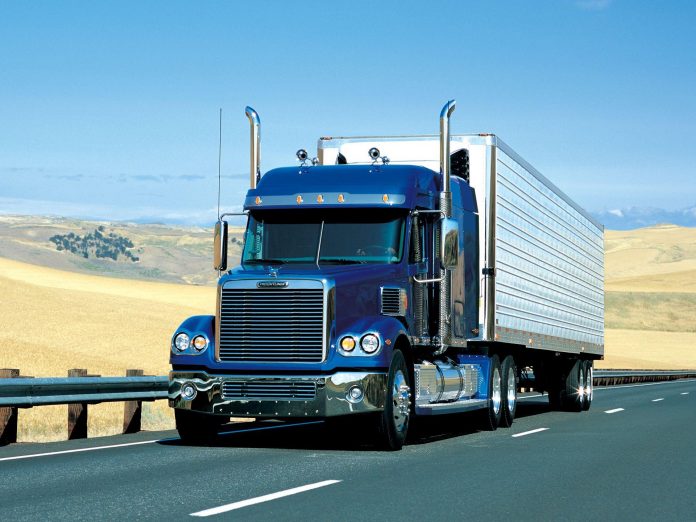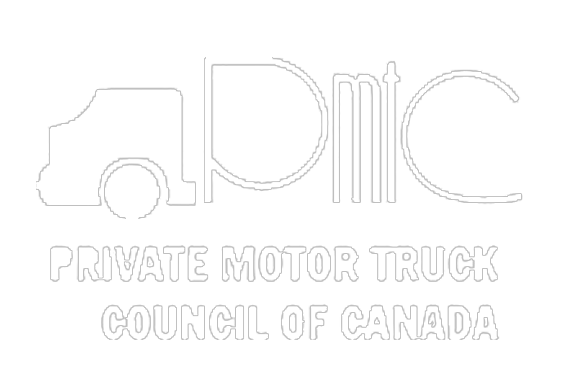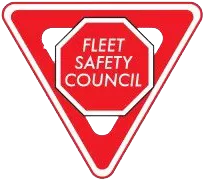Economically and socially the effects have been unprecedented and it is now obvious that things will not be returning to what we knew as normal anytime soon. With world economies shrinking, the affects are bringing the transport world to its’ knees. It appears that the transport industry may never be the same again. Strangely, the trucking industry, on the frontline of the supply chain and in great demand for its’ services, is also suffering. Even though trucking is in a downturn, it compares nothing to the devastation facing other areas of the transport industry. How quickly will the transport industry recover from the Covid-19 Flu?
It’s amazing when you begin to think that the year 2020 is only 5 months old. In just a relatively short time a high flying global economy has suddenly crashed to the ground. Almost every commercial enterprise has suffered, except perhaps those that manufacture medical supplies. Businesses and individuals are in financial turmoil. In modern times there has been no event such as this to compare to, causing all to look for answers and solutions to the unknown.
The Canadian government has worked diligently to keep our economy from flatlining. Billions of dollars have been infused into as many bank accounts as you can imagine, from huge corporations to you and me. We need to hope they have chosen the right medicine!
Social distancing, lockdown policies and border closings have reduced mobility and connectivity, this directly affects infrastructure systems that keep regions, markets and supply chains vibrant. The pandemic is a health concern, but it has sickened commerce, education, and economies. People and goods have stopped circulating. This lack of circulation plus the closing down of industry, means a massive reduction in the transport of both goods and people.
Urban activity has been cut drastically while business close their doors, keeping people at home. City buses, trains and cars for commuters into downtown cores are reduced to a trickle. Urban transit systems depend on fare paying customers to survive. The TTC, Toronto’s bus and train system has seen ridership drop 85% due to Covid-19. The government of Ontario’s GO transit system has lost 90% of its’ fare paying customers. Schedules have been chopped in an attempt to stop an outpour of cash and adjust to reduced needs. In Canada these are government run systems that can “ride” out a cash crisis till things return to normal. Whatever that new normal is. But other transport industries are not so fortunate.
The cruise ship industry, is in a shambles. Now there is no desire to travel on a huge vessel trapped with others, in a petri dish of potentially deadly germs. It only takes one person on a ship of 4,000 to infect everyone else. This is an industry that has had problems in the past with virus and disease outbreaks. Recently we have watched in horror as full cruise ships with Covid-19 infected passengers are refused entry to port after port, sometimes for weeks on end. Tragic advertising for an industry that sells pleasure and who market heavily to those in their senior years, the same age group that Covid-19 preys upon. Town sized floating hotels that cost over $1 Billion each lay idle at port, making no income, but assuredly costing in both interest payments and upkeep. No doubt we will soon see mergers and failures. How long will it take before these huge liners are even half full? Years?
In 2018, there were an estimated 4.3 billion airline passengers worldwide. Presently, due to Covid-19 at least 90%-95% of airline traffic has stopped. According to Alexandre de Juniac, director general of the International Air Transport Association (IATA) “This is the biggest crisis that the industry has ever faced. The impact on aviation has left airlines with little to do except cut costs and take emergency measures in an attempt to survive in these extraordinary circumstances.”
Several airlines have already gone into bankruptcy, including Avianca of Colombia, the world’s second oldest airline. Even one of the world’s most powerful airlines, Germany’s Lufthansa has received a $10 Billion dollar bale out from the German Government. Air Canada has suspended 160 routes, stopped all trans-border flights and is running a skeleton of flights connecting Canadian cities and sent 80 airplanes to the scrapyard. Thousands of airplanes sit flightless in desert storage or early retirement. It is thought it will take at least 3 years for the industry to rebound to 2019 levels. Even that is an optimistic guess, as social distancing will reduce the capacity of planes that once crammed bodies in, so that the airlines could make a profit while keeping fares low. Passengers will now have to wear masks, at least in the short term and fares rise. It appears obvious that the airline industry will never be the same again. A world that the airplane made small, and enabled Covid-19 to spread so quickly, is now for the time being made larger as schedules are slashed and customers disappear.
Interestingly passenger airplanes are now being converted into freighters, as goods still need to shipped . Many items that travel by air are time sensitive and command higher returns than even passengers. For the airline industry though it will take years for a return to pre Covid-19 levels of use and directly connected to airline travel is the hotel, food and tourism industry. They are all in a tailspin!
Thankfully trucking moves freight and not people. Due to its’ importance on the frontline battle against the coronavirus the trucking industry has probably never seemed so important. Trucking has become essential to keeping the country and the economy on life-support. But at the same time major truckers are cutting back on service. A shrinking economy has reduced the need for goods, as business and manufacturing cut back or even stop altogether. As the GDP in Canada and the US shrinks, so too does production.
Cross-border shipments are down and have dropped by about 20%. Trucks are running less than full. Loading is taking longer due to social distancing and fewer employees at the docks. Drivers, some fearful of becoming infected are leaving the industry. Available loads are down. Companies that sign big, long term deals with trucking firms are hesitant because they don’t know where the economic future lies. Difficult and unsettling times all around.
In the short term, a slower economy has negatively affect the trucking industry. However, as the economy comes back to life, trucking should be one of the first industries to benefit. Thankfully trucks move goods, not people. Those businesses that cater to moving people are bound to suffer both in the short and long term. Truck fleets are much less expensive than cruise liners and jet fleets. Additionally these industries require specialized infrastructures and highly trained personnel. Airline terminals and jumbo jet pilots are high cost compared to freight warehouses and truck drivers.
There is no doubt that the world has changed immensely in the first months of 2020, most likely forever. But even Covid-19 cannot change the basic business laws of supply and demand. In a post Covid-19 world there are sure to be many unknowns and changes, both for individuals as well as business. Adaptability, change and creativity will be the key to survivability. Changes brought on by Covid-19 will deeply affect the transport of moving people from point A to B, air and cruise lines will suffer longterm. But trucks move goods and essential items. Trucking really is the arteries to the heart of the economy. When the economy starts to rebound, trucking will be one of the first industries to benefit. Yes, trucking has suffered from the Covid-19 Flu, but it is not a fatal flu like it may have been for some sectors the transport industry. We cannot survive without the trucking industry, plain and simple, our economy needs trucking to survive and thankfully it has been there for all of us when we needed it most. And as the economy recovers from the Covid Flu, so too will trucking, and the sooner the better for all concerned!

